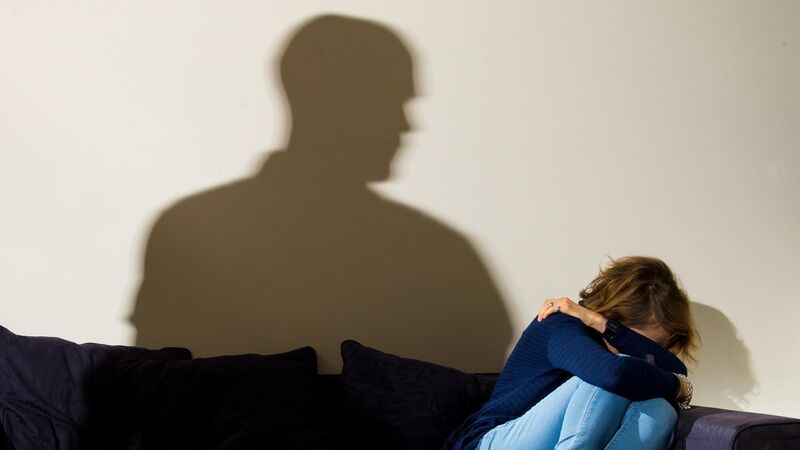European report highlights Ireland's failures on violence against women

In a year that has seen eight women killed so far, the report stresses that urgent and sustained action is needed to prevent and combat the epidemic of violence against women in Ireland.
A new European report has identified a number of shortcomings in how Ireland deals with violence against women including "victim-blaming attitudes" and "trivialisation of violence".
In a year that has seen eight women killed so far, the report stresses that urgent and sustained action is needed to prevent and combat the epidemic of violence against women in Ireland.










